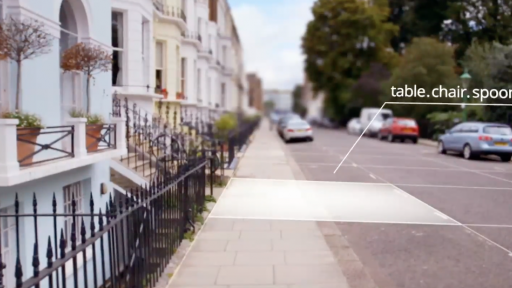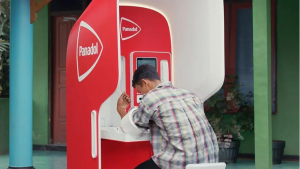Chris Sheldrick has a history of getting lost. He also has a background in organising large-scale, live music events and understands firsthand some of the frustrations of inadequate addressing. His suppliers, bands and guests would enter the event location into their GPS apps and often wind up at the wrong place. The British entrepreneur was certain that there was a smarter, simpler way of finding one's way, and it was from this confidence that what3words was born.
A novel global address system, what3words divides the entire globe into 57 trillion 3 metre by 3 metre squares. Each square is assigned a unique combination of three random words from the English dictionary which can then be used as that location's address. Aside from the frustrations of struggling to find event site entrances, there are greater socioeconomic issues that what3words is aiming to tackle.
According to the United Nations, 75 per cent of the world has inadequate, poor or no addressing systems at all and roughly 4 billion people live without a street address. Even in areas that do have marked streets and numerical systems, drivers, couriers, mail deliverers and ambulances still end up getting lost. what3words’ precision and simplicity means that anyone can easily use and find accurate locations once they are in possession of the address.
Eliminating the concept of area codes, the three-word address is also short enough for just about anyone to memorise and is available in fourteen languages. The easiest way for users to interact with the system is through the official app – which is totally free and able to work offline from anywhere in the world.
It’s a system that carries immense value, particularly for areas where poor addressing creates barriers for emergency services. In the Durban informal settlement, Kwandengezi, what3words have partnered with South African NGO, Gateway Health, to provide these addresses for the entire community. Each household was provided with a durable sign for their front door and it is the hope of what3words that this will help lower the number of unnecessary deaths that occur when medical services struggle to determine the location.
Currently being used in over 170 countries by individuals and business, what3words has recently been adopted by Mongolia and the Ivory Coast as a national postal addressing system. The ingenious setup is also built into some of the world’s largest navigation apps.
Through the provision of reliable, accurate and accessible addressing information, what3words is simplifying one of the most complex man-made networks. They're also making good on what Sheldrick says is their modus operandi: “We are making the world a less frustrating, more efficient and safer place by what we do.”









